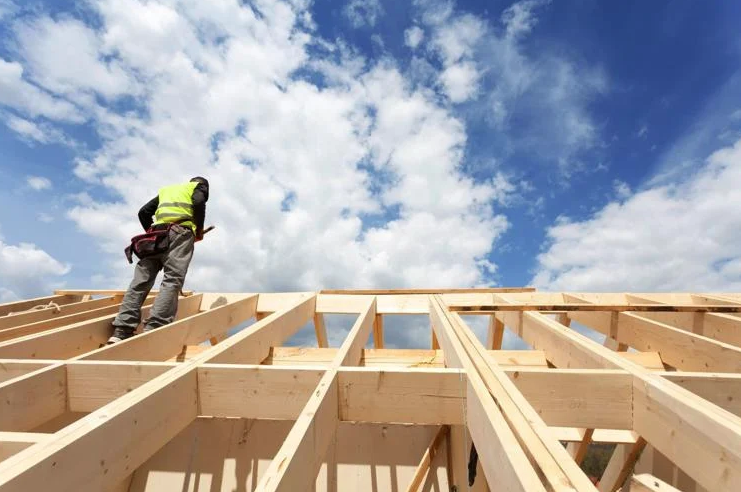The Tempe City Council and the Coalition for Affordable Housing met last week to discuss the current state of housing and affordability in the city.
The Coalition was created in 2018 to identify, procure and manage affordable housing opportunities. It currently controls nearly $10M in assets. Most units were bought with federal grants, but others were donated by Tempe.
It currently owns 55 rental units and is experiencing a 94% occupancy rate, according to the presentation from Coalition Board of Directors President Irma Hollamby Cain. Six units are in use by partner agencies and five are undergoing rehabilitation.
Cain reported the Hometown for All initiative passed in 2021 to provide dedicated funding support derived from 50% of development permitting fees is enjoying a strong degree of success. To date, the program has received $4.5M in City investment, $3.3M in donations and $17.5M in funds pledged. Of that, $146K has gone toward acquiring land for new units and $2.3M has been spent to improve properties.
Because of the speed with which the Coalition has grown, it has not yet developed an effective system to track donations but has plans to address that need in the future.
Mayor Corey Woods said Hometown for All’s information did not include all the work the City has done toward affordable housing since 2021. He referenced $15.1M in land purchases made with General Fund monies to buy properties on Apache Blvd. and other efforts where City property has been repurposed for affordable housing.
Woods and Interim Strategic Management Director Wydale Holmes then discussed the City’s and Coalition’s joint affordable housing goals, which include:
- Ensuring sufficient affordable housing stock,
- Providing sufficient housing for local workers, and
- Working collaboratively on affordable housing strategies.
Tempe has a goal to produce 11,000 more housing units. High density vertical development has been a component of that effort, but officials are trying to balance that goal with residents’ concerns about height and density, which they fear will alter the city’s character.
The next meeting will cover a complete inventory of the Coalition’s properties, their purchase amounts, a process to track donations and pledges, and a list of vacant or unimproved properties that could be used for affordable housing in the future. (Source)

